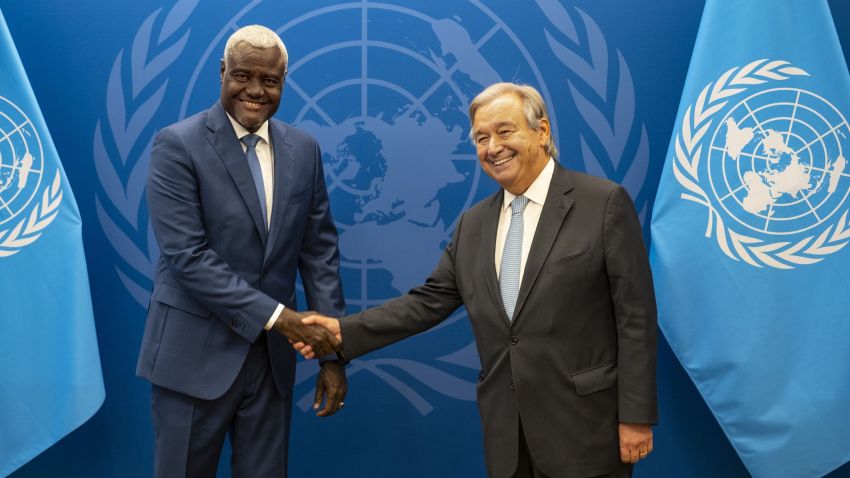This week’s annual meeting of the International Monetary Fund and the World Bank Group has been dominated by the grim global economic outlook. High inflation, rising interest rates, the war in Ukraine, energy and commodity shocks, looming recession in Europe, a potential slowdown in China and political and economic turmoil in the U.K. are just some of the indicators of what has been described as “an extremely unusual, unprecedented time in the economic history of the world.” For emerging economies in Africa and elsewhere across the Global South, the week’s discussions have focused on the aggregate effect of those issues, including the squeeze put on their already fragile economies by rising inflation and borrowing costs against a backdrop of slowing global growth.
Another joint meeting of international organizations also took place this week, as the United Nations Security Council held a debate on cooperation between the U.N. and regional and subregional organizations, focusing on the body’s partnership with the African Union. U.N. Secretary-General Antonio Guterres described the relationship as “a partnership that has become a cornerstone of multilateralism” and commended “all who work every day for an integrated, peaceful & prosperous Africa.”
But those words obscure a deepening crisis of confidence among African governments and citizens in the U.N. and its organs, mirroring their skepticism of the two Washington-based international financial institutions and the broader multilateral system they believe has two sets of rules: one for the handful of wealthy, powerful countries that designed it, and one for the global majority—including Africans—who remain excluded from the seat of global decision-making, while being forced to accept hegemonic structures, decisions and outcomes they can neither contest nor avoid.

